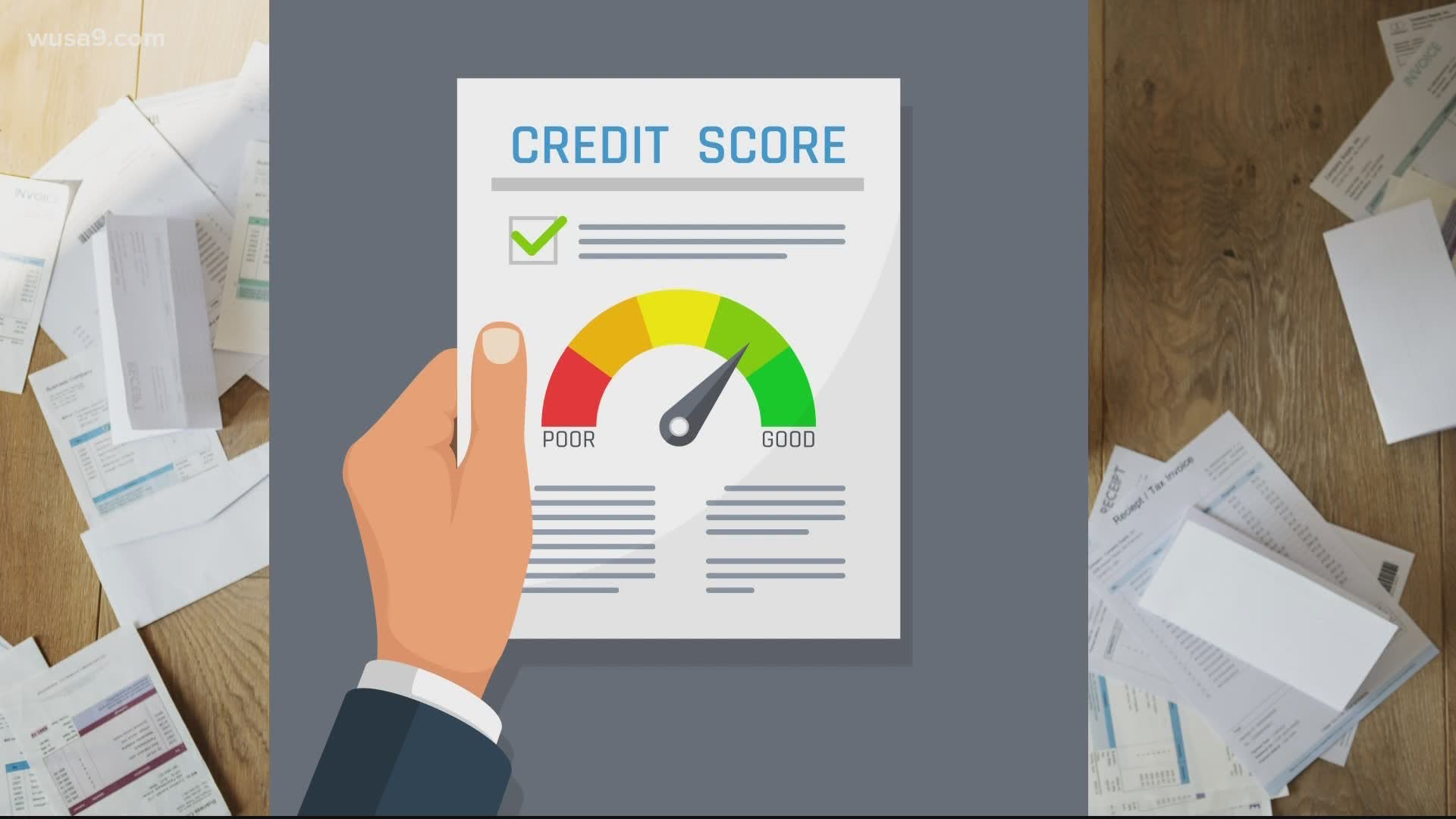WASHINGTON — QUESTION:
Does filing for unemployment impact your credit score?
ANSWER:
Not directly, but if you're suffering a financial loss, you can indirectly impact your credit score by missing payments on bills and loans and taking on more debt.
SOURCES:
Rod Griffin: Senior Director of Consumer Education and Advocacy, Experian
Experian: "Does Being Unemployed Hurt Your Credit Score?"
Credit Karma spokesperson
PROCESS:
Tens of millions of Americans have filed for unemployment, as businesses struggle to retain workers during the pandemic.
A viewer asked the Verify team to find out if having to file for unemployment during COVID-19 impacts your credit score.
Our Verify researchers spoke with experts at Experian, one of the three major credit bureaus, and Credit Karma. They both said no, losing your job in and of itself won't ding your credit score.
"Being unemployed does not impact your credit score directly," Rod Griffin said. "Whether you are currently employed or not is not part of a credit report."
A spokesperson for Credit Karma echoed that.
"Unemployment is not factored into a consumer's credit score," the spokesperson said. "The current crisis has illuminated that very hole in the current scoring models: cash flow. For example, two months ago if you were eligible for a financial product you’d likely still be eligible today. The outlier now is lenders do not know if you are employed or not. This could lead to a big change in how we look at credit moving forward."
Your credit report doesn’t show if you apply for unemployment benefits or your employment history. It may show who your employer was when you applied for your last new credit.
"If you get a car loan, you might have that car loan for on average five-seven years," Griffin said. "If you change jobs during that time, and that's the only new credit you apply for, we wouldn't have that new employer reported to us. It's not updated with us, it's only shared when you apply for a new account."
Here's the catch: losing your job can indirectly impact your credit score.
If you're skipping payments on credit cards or loans, or if you're taking on more debt, your credit score could take a hit.
Remember that number represents how likely you are to repay a loan, so it's important to make your payments on time if you can.
So we can verify, being unemployed doesn't directly affect your credit score, but if you're missing payments and taking on more debt, it could.

